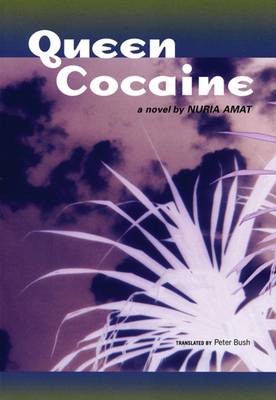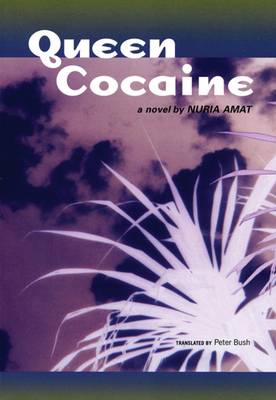
- Retrait gratuit dans votre magasin Club
- 7.000.000 titres dans notre catalogue
- Payer en toute sécurité
- Toujours un magasin près de chez vous
- Retrait gratuit dans votre magasin Club
- 7.000.0000 titres dans notre catalogue
- Payer en toute sécurité
- Toujours un magasin près de chez vous
Description
Following the footsteps of a writer persecuted because of his ideas and tortured by his own frustrations, a young Catalan woman embarks on an adventure in the jungles of Colombia where her familiar world shatters and from which nothing emerges unharmed.
Confronted by solitude in a region where it rains incessantly, she discovers, first in her lover, then in the people around her, the alarming signs of a devastating war. In a narrative that swings between intimacy and horror, she bears witness to a hell in which she abandons everything except the language she has had to reinvent, as her only refuge, to speak about the thousand new faces death has shown her.
" . . . the Barcelona-based Catalan author brings an alien sensibility and lush, invented language to Queen Cocaine, set in Colombia's war-ravaged countryside. . . . Amat's book is a paranoid fever dream of a peasant novel--heir to those of Rulfo and Fanon, but also Lispector--filtered through the gaze of her doomed outsider."--The Village Voice
"Amat deftly conjures the funereal landscape of Colombia's Pacific coast--an indifferent sea; intemperate rains; a jungle carpeted with snakes and punctuated by swamps . . . a traumatic forced evacuation of the village near the end adds gravitas to the book, which is an acute, grimly poetic account of a South American heart of darkness."--Publishers Weekly
"A happy combination of intelligence and critical insight."--Juan Goytisolo, Times Literary Supplement"
In all, a revelatory tale that reads like the testimony of a shell-shocked survivor."--Kirkus Reviews
"[An] apocalyptic novel by Spanish writer Amat . . . A brilliant portrayal of the horrors of drug cultivation; recommended for all general collections, especially where there is an interest in Latin American culture."--Library Journal
Nuria Amat was born in Barcelona, where she now lives.
Spécifications
Parties prenantes
- Auteur(s) :
- Traducteur(s):
- Editeur:
Contenu
- Nombre de pages :
- 250
- Langue:
- Anglais
Caractéristiques
- EAN:
- 9780872864351
- Date de parution :
- 01-03-05
- Format:
- Livre broché
- Format numérique:
- Trade paperback (VS)
- Dimensions :
- 134 mm x 177 mm
- Poids :
- 235 g

Les avis
Nous publions uniquement les avis qui respectent les conditions requises. Consultez nos conditions pour les avis.






